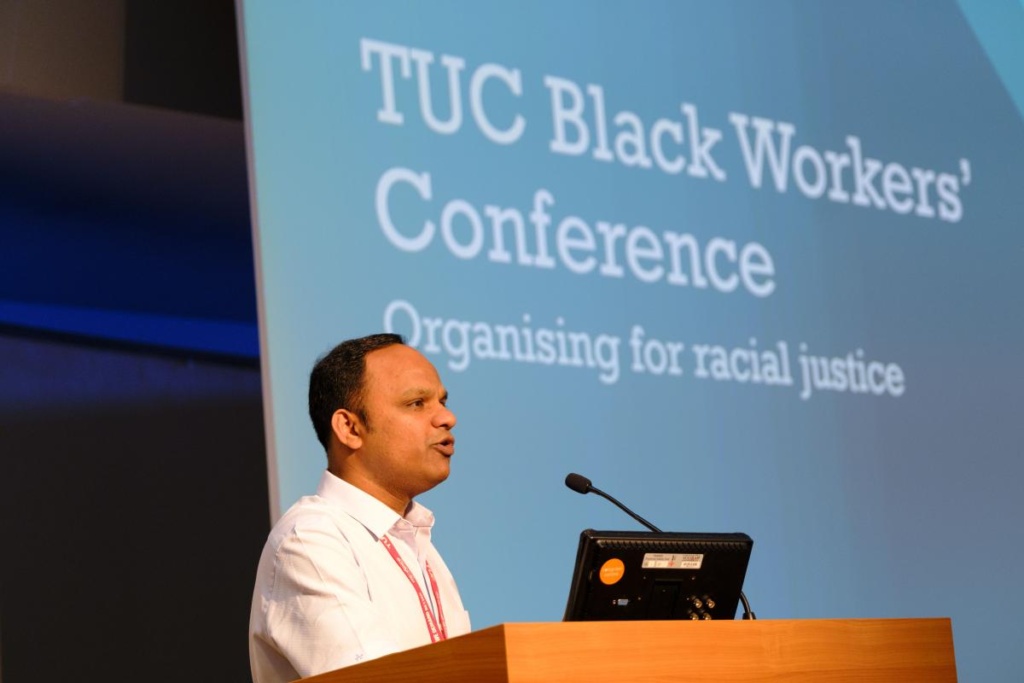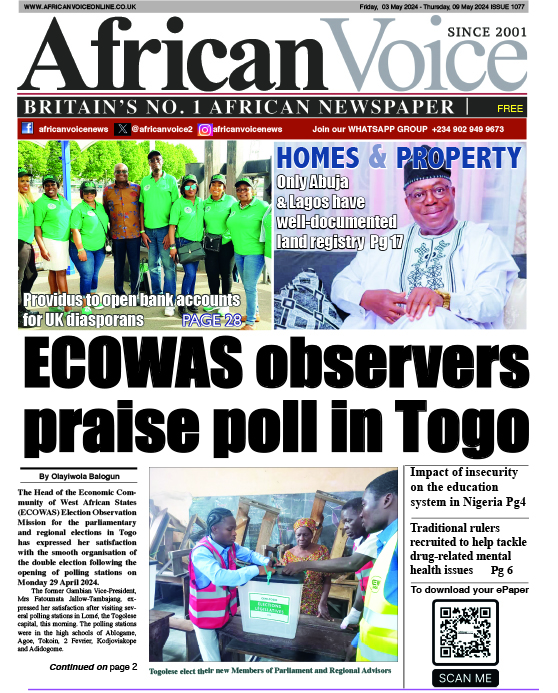
Black Minority Ethnic (BME) women are twice as likely to be on zero-hours contracts as white men, according to new analysis released by the TUC.
The analysis of 2023 Labour Force Survey data shows that 5.9% of BME women in work are on zero hours contracts compared to 2.7% of white men in work.
Overall, BME workers are significantly overrepresented on zero-hours contracts compared to white workers – with 5.4% of BME workers on zero hours contracts compared to 3.2% of white workers.
BME women are the most disproportionately affected group, followed by BME men (5.9% of BME women in work are on zero hours contracts along with 4.9% of BME men).
White women are also significantly more likely than white men to be on zero-hours contracts (3.7% compared to 2.7%).
The analysis comes as the TUC holds its Black Workers Conference, where TUC unions will convene to discuss key issues facing BME workers including insecure work. “
The TUC says the disproportionate number of BME workers on zero-hours contracts is a “prime example” of structural racism in action.
BME workers – particularly women – are more likely to be on the “some of the worst contracts, with the worst pay and conditions”, according to the union body. Labour’s New Deal for Working People will help to tackle the structural racism which “holds back BME workers” by banning zero hours contracts, the TUC says. Zero-hours contracts hand the employer total control over workers’ hours and earning power, meaning workers never know how much they will earn each week, and their income is subject to the whims of managers.
The union body argues that this makes it hard for workers to plan their lives, look after their children and get to medical appointments.
And it makes it harder for workers to challenge unacceptable behaviour by bosses because of concerns about whether they will be penalised by not being allocated hours in future. Such insecurity can be particularly challenging for those who have caring responsibilities, who are overwhelmingly women, says the TUC.
The TUC says insecure work has “boomed” since the Conservatives came into power in 2010.
Insecure work includes zero-hours contracts – as well as other precarious forms of work such as low-paid self-employed workers and agency, casual and seasonal workers.
At the start of 2011, 3.2 million people were in insecure work. By 2022 the number was 3.9 million. And there are now record numbers of workers on zero hours contracts – with over 1 million on ZHCs.
This growth in insecure work is disproportionate compared to wider
employment growth over this period. Insecure work grew at almost double
the rate of all employment between 2011 and 2022.
It increased by 23 percent compared with the employment level of all those in work which grew by 12 percent.
The TUC says the “boom” in BME workers in insecure work accounts for the vast majority of the overall increase in insecure workers over the last decade.
BME workers account for two thirds of the growth of insecure workers in this period – despite BME workers making up just 14% of the overall workforce.
TUC analysis shows the median hourly pay for those in casual work in 2022 amounted to £6.80 an hour in 2022.
For seasonal work it was £9.80 and for zero hours workers £9.40. Those working for an employment agency typically received £11.50 – still well below the UK’s median wage for that year.
TUC General Secretary Paul Nowak said: “Zero-hours contracts are a nightmare for workers and a dream for bad bosses. “They hand almost total control over hours and earning power to managers – making it nearly impossible for workers to plan their budgets and their wider lives. These are some of the worst contracts around – and BME women are twice as likely to be on these contracts as white men. That’s a prime example of structural racism in action.
“It’s time to end the scourge of insecure work once and for all – starting with a ban on zero-hours contracts, like Labour is proposing in its New Deal for Working People. “That’s how you start to tackle the structural racism that is holding BME workers back.”
Kindly follow us on twitter:@AfricanVoice2









